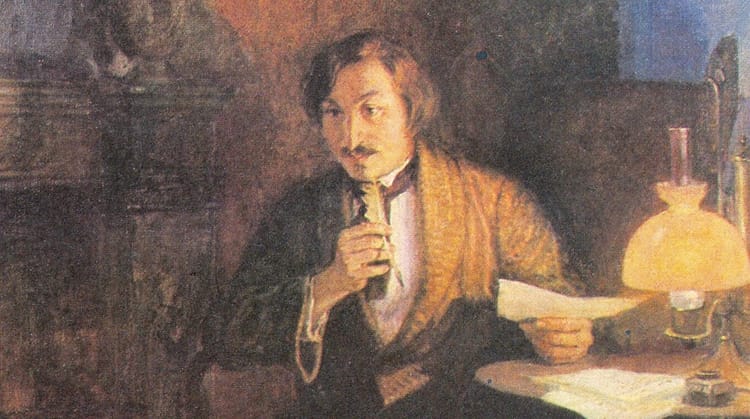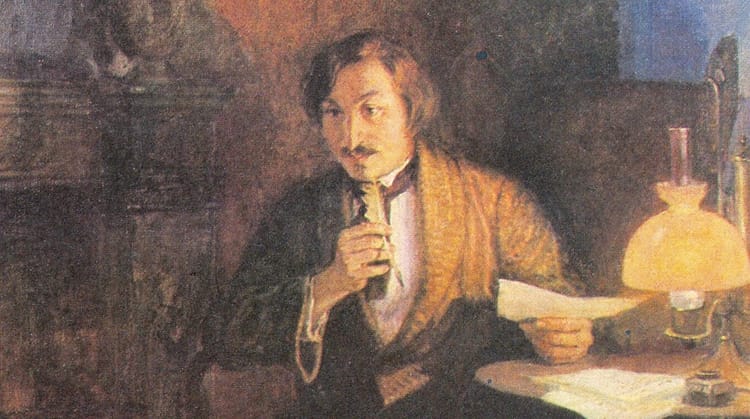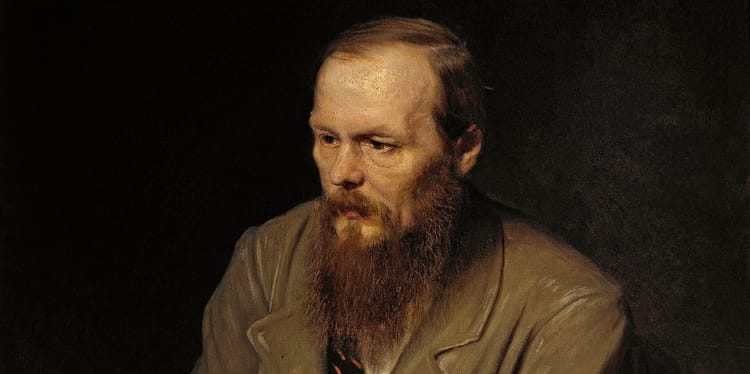A rule for living in the world
First published in 1909
Saint Petersburg, Russia
The beginning, the root and the heart of everything is loving God. We usually find this beginning at the very end of our priorities; we love everything there is in the world more than God. Yet we ought to love God so much that everything apart from Him is secondary to us. His law should be above all human law to us. His counsel should be above all other counsel. We ought to fear offending Him more than we fear offending people.
Loving God means loving Him much more than we love our father, mother, children, spouse, brother or friend; yet we do not even love Him as much as we love them. Whoever loves God thereby also loves his father, mother, children and brother much more than whoever is attached to them more than he is attached to God. The love of the latter person is a mere illusion, a deeply worldly love. Such a love cannot think and act clearly, for it is blind.
True love is light, not darkness; in love we find God, not the spirit of the darkness. Where there is light, there is peace; where there is darkness, there is chaos and discord. That is why the sort of love that takes its root in God is firm and also makes us firm; yet the sort of love that does not is flimsy and shaky, and it in turn makes us flimsy, shaky and faint-hearted also. That is why all earthly love must always seek to be deeply rooted in God.
Earthly love that roots itself in God is thereby purified and made greater, for it wants us to love our neighbour and brother much more than we do. It wants us to help them not only materially but also spiritually; to aid not only their bodies but also their souls; feel sorrow not for the transgressions they commit against us but for how that affects their souls. Their sin is our sin also; we should have done a better job helping them seek God. Yet how can we do that if we ourselves are weak and feeble? Everything is possible for him who walks in God and His love, otherwise nothing is. To be able to guide someone else, we must first guide and cultivate ourselves.
How do we cultivate ourselves, then? We ought to incessantly contemplate our duties and read books with characters who are similar to us in background and life circumstances; and we ought to continuously check everything we find there against Christ's Law. We should accept what aligns with the Law and reject what contradicts it, for anything that does not come from God cannot be true. If we find something we are unsure about, we should simply put it away for some time and never feel ashamed. That simply means we are not ready for it yet, but we will eventually arrive at being able to understand it as we continue cultivating ourselves.
We should always steer clear of all arguments, no matter how much we disagree with someone or how wrong they might be. We should not lose our temper or try to prove them wrong; we should instead close our mouths and contemplate the matter at hand with a clear mind. Yet even then we should keep quiet if we cannot express ourselves in a way the other person would understand, or if we cannot remain calm and collected while doing so. A truth expressed in anger aggravates instead of convincing. Thus we can only guide and spiritually aid others when we ourselves are perfectly meek and gentle, when no insult can offend us. Thus our mind is illuminated, and we can notice others' transgressions so that we can learn to overcome them ourselves. Thus God aids us in everything. That is the true way of life: to guide yourself and others; to bring yourself closer to God and help your neighbour do the same.
In all our endeavours we should be most wary of our worst enemy, which is despondency. Indeed, despondency is a mighty temptation of the devil he always uses against us, for he knows just how weak we are against it. Despondency is an insult to God; it starts plaguing us when we do not have enough love for Him. Despondency brings despair, which is the death of the soul and the worst of our transgressions. It hampers us in striving for salvation, which is why God hates it above all other sins. That is why in our daily prayer we ask God for a sober mind, a pure heart and freedom from all despair.
Sometimes God gives us spiritual hardships that appear similar to despair to test us and see if we have grown stronger in character. Sometimes He does this so that in seeking solace from worries and despair we might think of something we would not have considered otherwise. God is always seeking our good, and He wants us to be always seeking His will. That is why many of those who were hardened through hardship recommend that we take a close look at our past and try to remember all the times we failed to do something or decided to put it off for later. Once we remember, we should pause our daily routines and focus on what we failed to do; we should keep focusing on those tasks for as long as we feel lost and despondent. We should treat them as given by God and labour on them akin to a novice who readily obeys their prior in everything.
We will scarcely find a peaceful moment on Earth, and we should remember that always. Worries and anxieties of all kinds come at us one after another every day. We are in this world to wage a spiritual battle, not celebrate; we will get to celebrate our victory on the other side. While here, we must fight incessantly and never lose our heart. We must seek to grow in virtue, diligently fulfil our duties and make sure everything we do is in accordance with our Lord's Law. We do not have the time to even consider cowardly fleeing the battlefield, for every step brings us another opportunity for cultivating virtue and bringing ourselves closer to Heaven. The more dangers we face, the harder we should work and pray.
O you on the battlefield, keep that always before your eyes! Stand firm in your faith and be courageous, for at the end of the road you shall see God and eternal joy! Yet being as careless and shortsighted as we are, we never look at the end of the road and therefore never have the good spirits to keep going. We only see the obstacles, never caring to realise they are merely our stepping stones towards perfection. We often see things in a wrong light: tiny hills seem like mountains to us, trifles feel like grand undertakings and ghosts appear real. We overestimate every hardship and fear it, for we keep our eyes down and stubbornly refuse to look up. For if we looked up even for a passing moment, we would only see God and His light and laugh at ourselves for being so blind. Let us support every single of our endeavours with ceaseless inner prayer, but not the kind of prayer we are so used to mindlessly repeating every day. No, let us pray with our entire soul so that afterwards we could cross ourselves and get the strength to get back to work.
Let us never despair if God does not instantly answer our prayer; on the contrary, that is when we should rejoice and keep praying even more! That is how we can grow in hope. For God, in His infinite wisdom, often gives some people things others will only receive at the end of their journey. Yet blessed—so much more blessed!— is he who is destined to labour much to receive what another would for working much less. By the time he gets there, his soul will be much better prepared for and worthy of those gifts. 'But he who endures to the end will be saved', said our Lord and thereby unravelled the greatest mystery of life for us; yet we do not even want to give it a passing thought, let alone comprehend it.
We shall never succumb to gloom, but should instead strive to enlighten our souls. God is light, and thus we must also seek light. God is the highest joy, and thus we must also be joyous. We must be even more joyous when everything is against us, as if trying to drive us to confusion and despair. Otherwise, where is the merit in that? It is not too hard to be joyous when surrounded by pure joy; anyone could do this, even those with no faith or discipline, even non-Christians or pagans. A Christian’s dignity lies in preserving joy while surrounded by sorrow. If not, how are we different from the unbelievers?
Let us seek to be guided by our love for God in everything; let us always have it before our eyes. Blessed is he who does everything He does for God alone. He will tread his path swiftly and overcome with ease what others might think impossible. The entire world will then appear to him in a completely different light, in its true form. He will only settle in the world because God placed him here and told him to settle. Yet in the world, he will only love those things that are of His image. He will not bow to earthly life as an idolater bows to an image, mistaking it for God. He will bow down before it like a man enlightened by his faith. He will approach this life as an unremarkable art piece, only on display to remind us we should keep our eyes on the One whose image we cannot behold with our mortal eyes. We should only see our earthly love—however beautiful and pure it might be—as a visible sign of God's infinite love, next to which everything pales in comparison. All of it is but a scattering of sparkles, merely the hem of the majestic robe of God's infinite and insurmountable Love. Nothing can fit it, just as nothing can fit God Himself.




